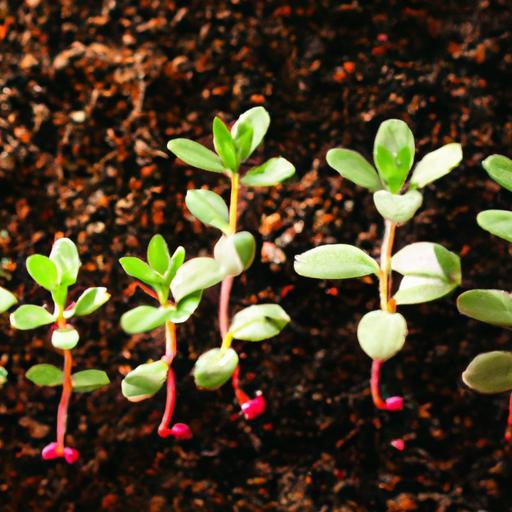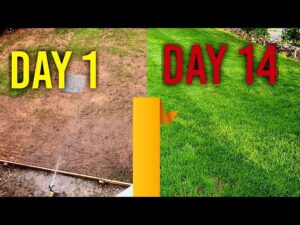Imagine transforming your garden into a whimsical wonderland filled with enchanting beauty and aromatic delights.
This versatile herbaceous perennial not only adds a pop of vibrant color to your landscape, but also offers a host of practical benefits. Join us as we explore the art of growing magic with creeping thyme seeds.One way to achieve this magical transformation is by planting creeping thyme seeds..

Introduction: Unleashing the Beauty of Creeping Thyme
Creeping thyme is a versatile and beautiful herb that can add a touch of magic to any garden or landscape. With its fragrant leaves and delicate flowers, this low-growing plant is perfect for ground cover, rock gardens, or border edging. Known for its ability to attract butterflies and bees, creeping thyme is not only a feast for the eyes but also beneficial for pollinators.
One of the best ways to unleash the beauty of creeping thyme in your garden is by planting seeds.
Planting creeping thyme seeds is a simple and rewarding process that can lead to a lush carpet of greenery and flowers in your outdoor space. With a little care and patience, you can enjoy the magic of creeping thyme for years to come.By starting from seed, you have the opportunity to watch this enchanting herb grow from the very beginning..

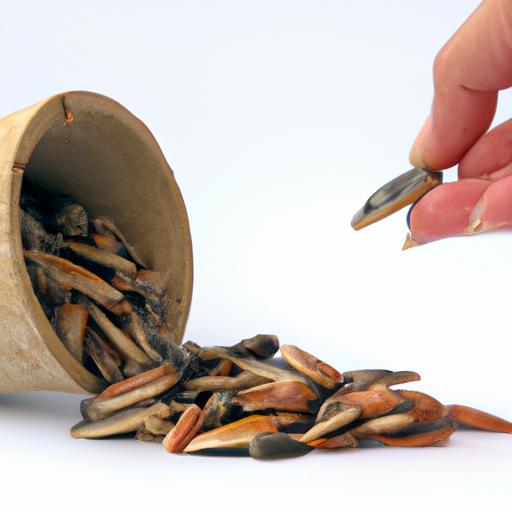
Selecting the Right Seeds: A Guide for Successful Growth
Creeping thyme is a versatile and low-maintenance plant that can add beauty and functionality to your garden. When selecting the right seeds for growing creeping thyme, it is important to consider factors such as soil type, sunlight requirements, and climate conditions. By choosing high-quality creeping thyme seeds, you can ensure successful growth and a thriving garden.
Here are some tips for selecting the right seeds for planting creeping thyme:
- Look for seeds labeled as “creeping thyme” to ensure you are getting the correct variety.
- Choose seeds that are fresh and have not been stored for an extended period of time.
- Consider purchasing organic or non-GMO seeds for a more sustainable and environmentally friendly option.
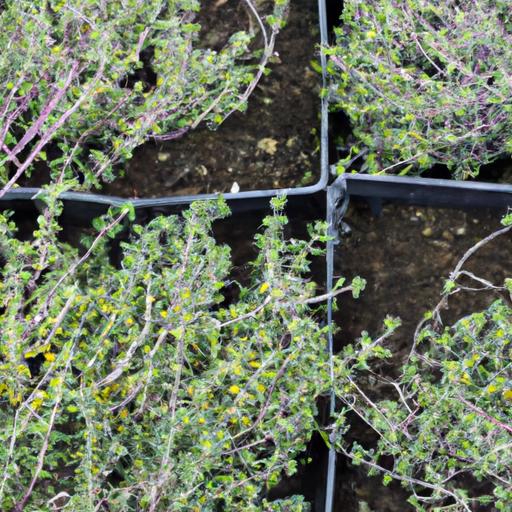
Planting Techniques: Tips for Ensuring Thriving Creeping Thyme
Ready to create a carpet of color in your garden? Planting creeping thyme seeds is a magical way to add beauty and fragrance to your outdoor space. With the right techniques, you can ensure that your creeping thyme thrives and flourishes. Here are some tips to help you successfully grow this lovely ground cover:
Soil Preparation
- Choose a well-draining soil with a pH of 6.0 to 8.0
- Amend soil with compost or well-rotted manure
- Remove weeds and rocks from the planting area
Planting Methods
- Direct sow seeds in early spring or late summer
- Lightly press seeds into the soil surface
- Water gently to avoid disturbing the seeds
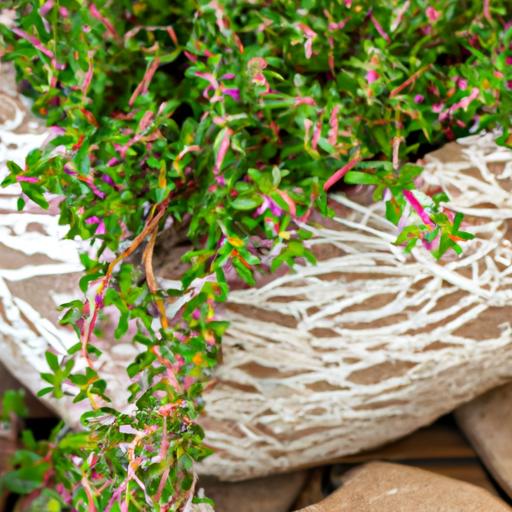
Care and Maintenance: Nurturing Your Creeping Thyme Plants
Once your creeping thyme seeds have been planted and have started to grow, it’s essential to provide proper care and maintenance to ensure their health and longevity. Nurturing these magical plants is a rewarding experience that requires attention to detail and a touch of creativity.
Here are some tips to help you take care of your creeping thyme plants:
- Watering: Creeping thyme plants prefer well-drained soil, so make sure not to overwater them. Allow the soil to dry out slightly between waterings to prevent root rot.
- Pruning: Trim back any dead or dying foliage to encourage new growth and maintain a compact shape. This also helps prevent the plant from becoming too leggy.
- Fertilizing: Apply a slow-release fertilizer in the spring to provide nutrients for healthy growth. Avoid using high-nitrogen fertilizers, as they can encourage excessive foliage growth at the expense of flowers.
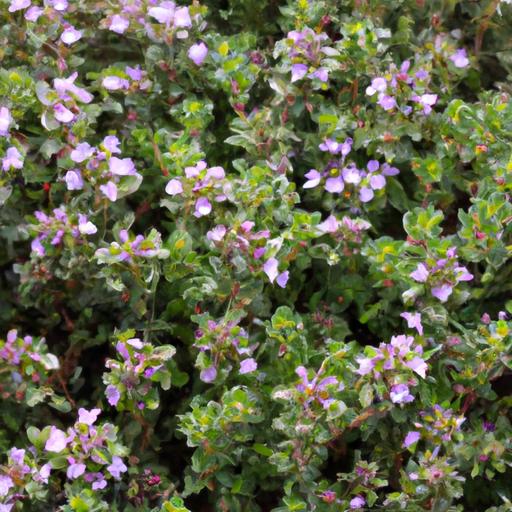
Harvesting and Usage: Making the Most of Your Creeping Thyme
Growing Creeping Thyme from seeds opens up a world of possibilities for your garden. This aromatic herb not only adds beauty to your landscape but also serves a variety of practical purposes. Here are some tips for successfully planting and nurturing your Creeping Thyme seeds:
- Start by preparing a well-draining soil mixture that is rich in nutrients.
- Plant your seeds in a sunny location with good air circulation to encourage healthy growth.
- Water your seeds regularly, making sure not to overwater as this can cause root rot.
- Once your seeds have sprouted, thin out the weaker seedlings to give the stronger ones room to thrive.
As your Creeping Thyme matures, you can begin harvesting the leaves and flowers for culinary and medicinal purposes. Here are some ideas for making the most of your harvest:
- Dry the leaves and flowers to use as a flavorful seasoning in your cooking.
- Make a relaxing herbal tea by steeping the dried leaves in hot water.
- Create a fragrant sachet to freshen up your home or wardrobe.

Conclusion: Embracing the Magic of a Creeping Thyme Garden
Imagine stepping into your garden and being greeted by a sea of vibrant colors and fragrant scents, all thanks to the magical touch of creeping thyme. This versatile herb not only adds a touch of whimsy to your outdoor space but also brings a host of benefits to your garden. From attracting pollinators to creating a lush ground cover, a creeping thyme garden is a sight to behold.
As you watch the tiny seeds sprout and grow into a lush carpet of greenery, you can’t help but feel a sense of wonder at the magic unfolding before your eyes. With its low maintenance nature and ability to thrive in various conditions, creeping thyme is the perfect addition to any garden. So why not plant some seeds today and embrace the enchanting beauty of a creeping thyme garden?
FAQ
Q: What is creeping thyme and how does it differ from regular thyme?
A: Creeping thyme is a low-growing, aromatic herb that spreads out like a carpet, as opposed to regular thyme which grows upright in a bushy form.
Q: What are some benefits of planting creeping thyme?
A: Creeping thyme is not only a beautiful ground cover but also acts as a natural weed suppressant, attracts pollinators, and releases a lovely fragrance when stepped on.
Q: How do you plant creeping thyme seeds?
A: To plant creeping thyme seeds, simply scatter them over well-draining soil, lightly press them in, and keep the soil consistently moist until germination occurs.
Q: What are the ideal growing conditions for creeping thyme?
A: Creeping thyme thrives in full sun and well-drained soil, making it perfect for rock gardens, between stepping stones, or as a border plant.
Q: How long does it take for creeping thyme seeds to germinate?
A: Creeping thyme seeds typically germinate within 1-2 weeks when provided with the right conditions of warmth and moisture.
Q: How can I care for my creeping thyme plants once they are established?
A: Once established, creeping thyme requires very little maintenance. Simply water occasionally during dry periods and trim back any overgrowth to encourage bushier growth.
To Wrap It Up
planting creeping thyme seeds is a magical experience that can transform any garden or landscape into a lush and fragrant oasis.
So, why not try your hand at growing magic with creeping thyme? Your garden will thank you!With proper care and patience, you can watch as these tiny seeds grow into a beautiful carpet of vibrant greenery, attracting various beneficial insects and adding a touch of enchantment to your outdoor space..
- Cat Palm vs Majesty Palm: Which Should You Choose? - June 30, 2024
- Flowers That Survive Winter: Discover the Exceptional No. 5 - June 30, 2024
- The Ultimate Guide to the Growth and Care of the Black Pagoda Lipstick Plant - June 29, 2024
